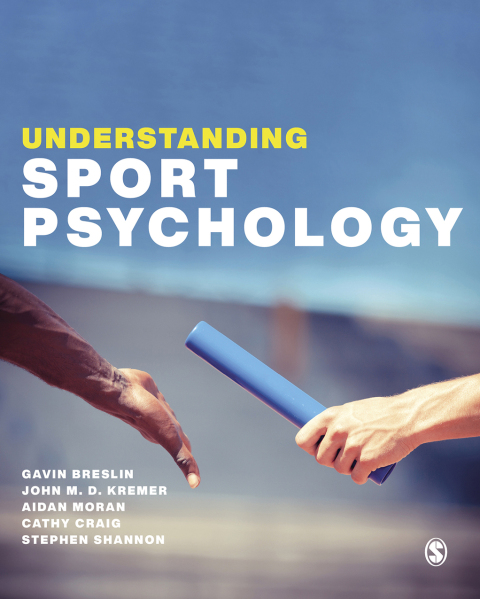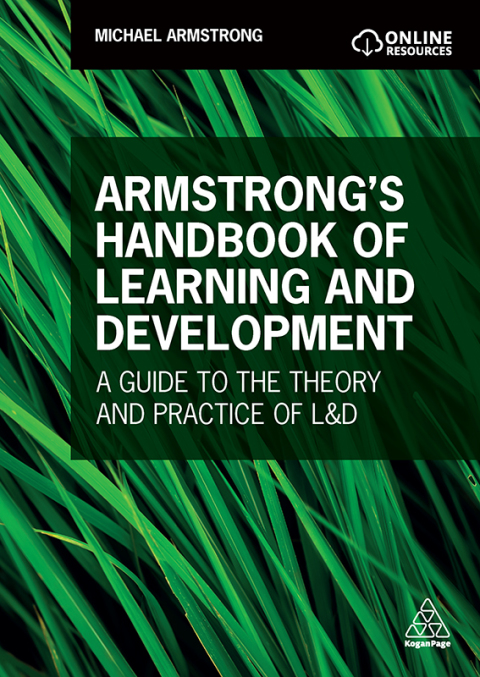Description
Efnisyfirlit
- About the Authors
- Preface
- 1 Introducing Sport Psychology
- 1.1 The History of Sport Psychology
- 1.2 Practising Sport Psychology
- 1.3 Ethical Issues in Sport Psychology
- 1.4 Sport Psychology Organisations, Sources and Resources
- 2 Anxiety and Stress in Sport
- 2.5 Stress, Anxiety and Arousal
- 2.6 Measuring Stress and Anxiety
- 2.7 Pre-performance Routines
- 2.8 Choking Under Pressure
- 2.9 Coping Strategies
- 3 Motivation
- 3.10 Sport Participation: Motives and Correlates
- 3.11 Burnout and Drop-out
- 3.12 Goal Setting
- 3.13 Fear of Failure and Need to Achieve
- 3.14 Self-Determination Theory
- 3.15 Achievement Goal Theory
- 3.16 Self-Efficacy and Perceived Competence
- 4 Cognitive Processes in Sport
- 4.17 Mental Imagery
- 4.18 Mental Practice
- 4.19 Attention and Concentration
- 4.20 Positive Self-Talk and Thought Control
- 4.21 Mental Toughness
- 5 Social Psychology of Sport
- 5.22 Team Cohesion
- 5.23 Team Building
- 5.24 Causal Attribution
- 5.25 Social Facilitation and Social Loafing
- 5.26 Leadership and Management
- 5.27 Effective Coaching Styles
- 5.28 Home Advantage
- 5.29 Aggression
- 5.30 Fans and Spectators
- 5.31 Social Identity Theory
- 6 Motor Skills
- 6.32 Motor Development
- 6.33 Expertise
- 6.34 Decision-Making
- 6.35 Practising Motor Skills
- 6.36 Analysis and Measurement of Motor Performance
- 7 Sport, Mental Health and Wellbeing
- 7.37 Gender, Diversity and Inclusion
- 7.38 Overtraining and Exercise Addiction
- 7.39 Injury and Retirement
- 7.40 Mental Health Awareness in Sport
- 7.41 Mental Health Disorder in Sport
- 7.42 Resilience
- 7.43 Mindfulness and Wellbeing in Sport
- Index







Reviews
There are no reviews yet.